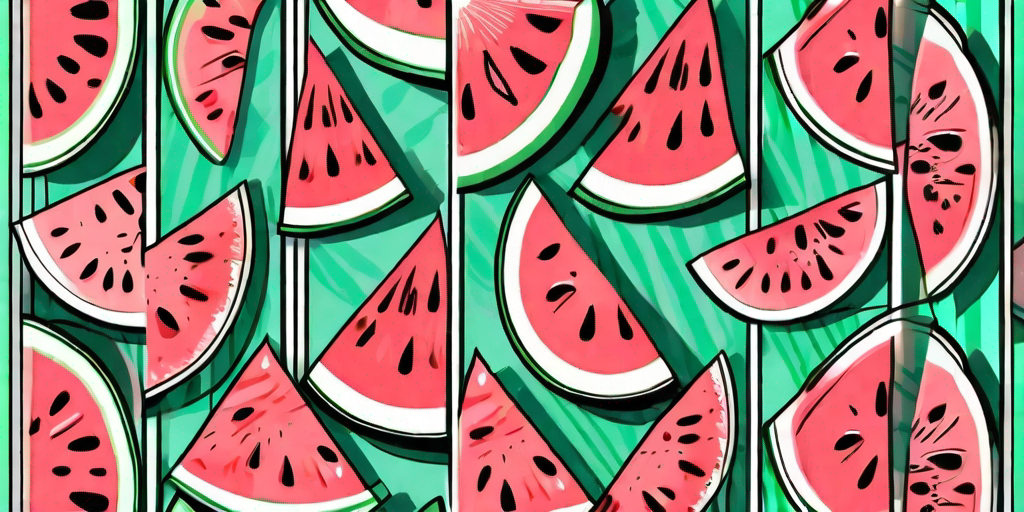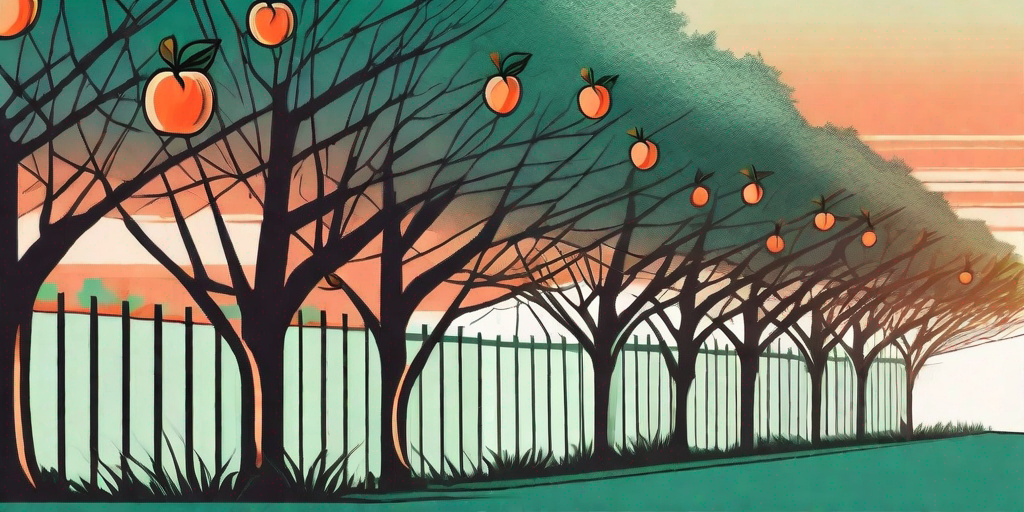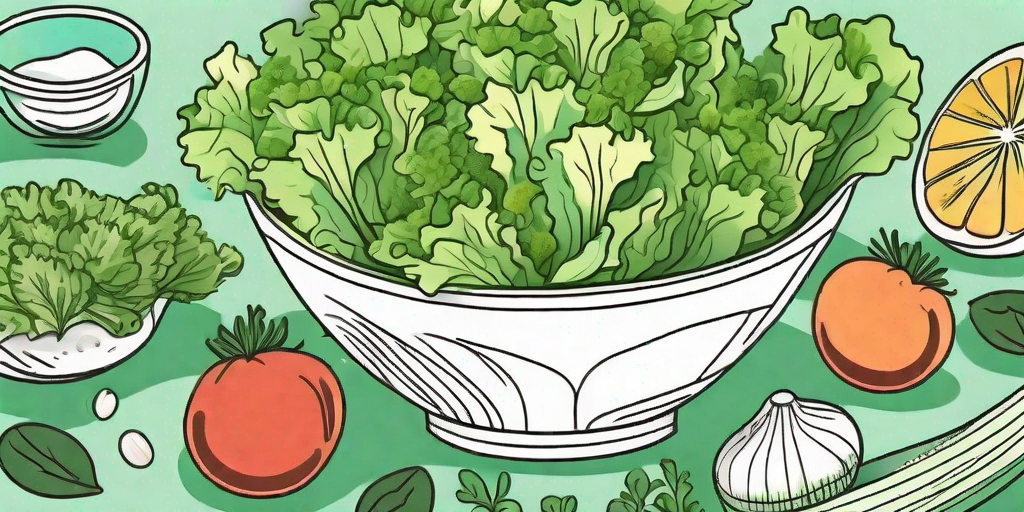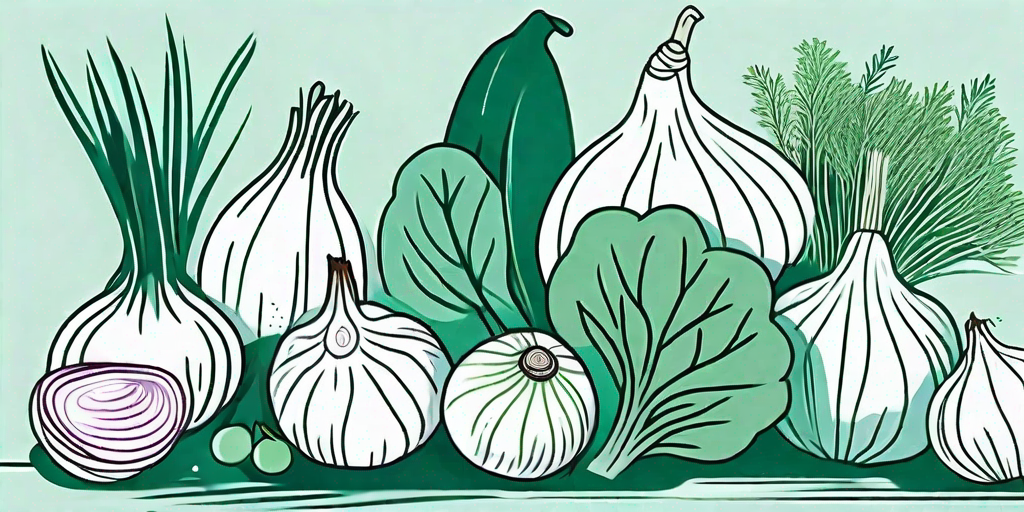
Watermelons, those juicy, refreshing, and oh-so-delicious fruits that make summer a little more bearable. They're not just for picnics and barbecues anymore. With over 1,200 varieties worldwide, there's a watermelon for every taste and occasion. Let's dive into the world of watermelons and discover some of their juicy secrets.
The Origin of Watermelons
Before we delve into the different varieties, let's take a quick trip back in time. Watermelons originated in Africa, specifically in the Kalahari Desert region. Ancient Egyptians were big fans of this juicy fruit, and evidence of watermelons has been found in hieroglyphics. So, next time you're enjoying a slice, remember you're partaking in a tradition that's thousands of years old.
From Africa, watermelons spread to Mediterranean countries via merchant ships, and then to China in the 10th century. Today, China is the world's leading producer of watermelons. Who would have thought?
Types of Watermelons
Now, let's get to the juicy part. There are five main types of watermelons: seeded, seedless, mini (also known as personal), yellow, and orange. Each type has its own unique characteristics and flavor profiles.
Seeded Watermelons
Seeded watermelons are the OGs of the watermelon world. They're the ones you probably remember spitting seeds out of as a kid. They have a sweet, juicy flavor and are perfect for those nostalgic summer days.
Popular varieties include the Charleston Gray with its oblong shape and sweet flavor, and the Crimson Sweet, known for its deep red flesh and high sugar content. If you're looking for a real treat, try the Black Diamond, a large variety with a dark green skin and a rich, sweet flavor.
Seedless Watermelons
Seedless watermelons are a result of hybridization, a natural process that produces a fruit without mature seeds. If you hate the hassle of seeds, these are for you. They're a bit more convenient, especially for those who like to eat their watermelon with a spoon.
Seedless watermelons come in many varieties, including the Queen of Hearts, which is known for its deep red flesh and sweet flavor, and the King of Hearts, which has a lighter flavor and a crisp texture.
Mini Watermelons
Mini watermelons, also known as personal watermelons, are small enough to fit in your fridge and perfect for a single serving. They're sweet, juicy, and perfect for those who live alone or simply don't want to share.
Some popular mini watermelon varieties include the Sugar Baby, a small variety with a dark green skin and sweet, red flesh, and the Tiger Baby, which has a unique striped pattern and a sweet, crisp flavor.
Yellow and Orange Watermelons
Yellow and orange watermelons are a bit of a novelty. They have a sweeter, honey-like flavor compared to the traditional red varieties. They're also a great way to surprise guests at a summer barbecue.
Some of the most popular yellow and orange varieties include the Yellow Doll, which has a bright yellow flesh and a sweet, tangy flavor, and the Tendersweet Orange, known for its vibrant orange flesh and sweet, tropical flavor.
How to Choose a Watermelon
Choosing a watermelon can be a bit of a challenge. You can't exactly cut into them at the store to check if they're ripe. But don't worry, we've got some tips for you.
- Look for uniformity. The watermelon should be symmetrical and free of cuts, bruises, and dents.
- Lift it up. Watermelons should be heavy for their size as this indicates they are full of juice.
- Check the field spot. This is the area where the watermelon rested on the ground. It should be a creamy yellow color, indicating the watermelon is ripe.
FAQs
Are all watermelons sweet?
Most watermelons have a sweet flavor, but the level of sweetness can vary. Some varieties, like the Yellow Doll, have a sweet, tangy flavor, while others, like the King of Hearts, have a lighter, more subtle flavor.
Can you eat watermelon seeds?
Yes, watermelon seeds are edible and are actually quite nutritious. They're packed with protein, vitamin B, magnesium, and monounsaturated fats.
Why are some watermelons seedless?
Seedless watermelons are created through a natural process called hybridization. They do actually contain seeds, but they are small, white, and undeveloped.
Conclusion
So there you have it, the juicy secrets of the watermelon world. From their ancient origins to the vast variety of types, watermelons are a fascinating and delicious fruit. So, next time you're enjoying a slice of watermelon, take a moment to appreciate its rich history and diversity. And remember, whether you're a fan of the classic seeded variety or prefer a seedless or mini version, there's a watermelon out there for everyone.











